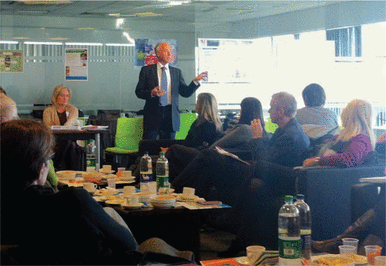
The Perspectives in Public Health journal recently published an article on BU’s first Ideas Cafe: ‘Healthy Tourism: an oxymoron?’
Following on from discussion on the theme ‘Health Tourism – an oxymoron?’ at the Ideas Café hosted by Bournemouth University in December 2012, can public health be a part of the tourism agenda?
Statistics released by The World Tourism Organization (UNWTO) in 2012 estimate that the number of international tourist arrivals worldwide is expected to increase by an average of 3.3% a year from 2010 to 2030. With this growth and expansion of the tourism industry set to continue, there is a growing call from the academic world for tourism to be healthier and to become a part of the public health agenda. This is a timely change, as the return of public health to local government will allow for new levels of collaboration across areas that have not been strongly associated in the past, including public health and tourism.
In light of this, the School of Tourism at Bournemouth University hosted a Health, Wellbeing and Ageing Ideas Café in December 2012 with the theme of Health Tourism: an oxymoron? The event contained an hour of lively debate and discussion…
Click here to read the full text of this article.

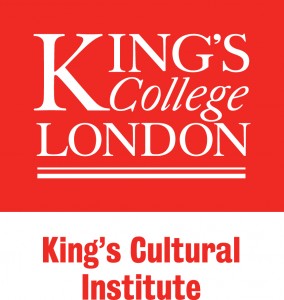
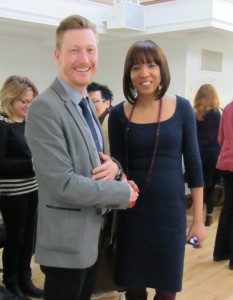






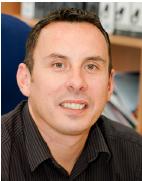
 For many staying out of harm’s way is a matter of locking doors and windows and avoiding dangerous places, people and situations; however for some vulnerable people it is not quite so easy. The threat of abuse is behind those closed doors, well hidden from public view and for those living in the midst of adult abuse violence and fear permeates many aspects of their lives, frequently perpetrated against them by those charged with providing their care.
For many staying out of harm’s way is a matter of locking doors and windows and avoiding dangerous places, people and situations; however for some vulnerable people it is not quite so easy. The threat of abuse is behind those closed doors, well hidden from public view and for those living in the midst of adult abuse violence and fear permeates many aspects of their lives, frequently perpetrated against them by those charged with providing their care.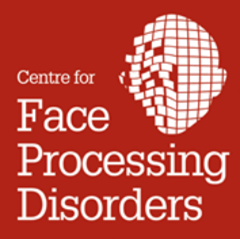
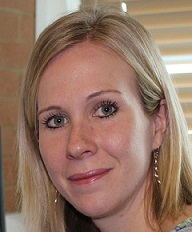
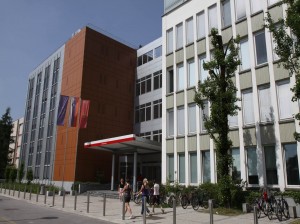












 REF Code of Practice consultation is open!
REF Code of Practice consultation is open! BU Leads AI-Driven Work Package in EU Horizon SUSHEAS Project
BU Leads AI-Driven Work Package in EU Horizon SUSHEAS Project Evidence Synthesis Centre open at Kathmandu University
Evidence Synthesis Centre open at Kathmandu University Expand Your Impact: Collaboration and Networking Workshops for Researchers
Expand Your Impact: Collaboration and Networking Workshops for Researchers ECR Funding Open Call: Research Culture & Community Grant – Apply now
ECR Funding Open Call: Research Culture & Community Grant – Apply now ECR Funding Open Call: Research Culture & Community Grant – Application Deadline Friday 12 December
ECR Funding Open Call: Research Culture & Community Grant – Application Deadline Friday 12 December MSCA Postdoctoral Fellowships 2025 Call
MSCA Postdoctoral Fellowships 2025 Call ERC Advanced Grant 2025 Webinar
ERC Advanced Grant 2025 Webinar Update on UKRO services
Update on UKRO services European research project exploring use of ‘virtual twins’ to better manage metabolic associated fatty liver disease
European research project exploring use of ‘virtual twins’ to better manage metabolic associated fatty liver disease